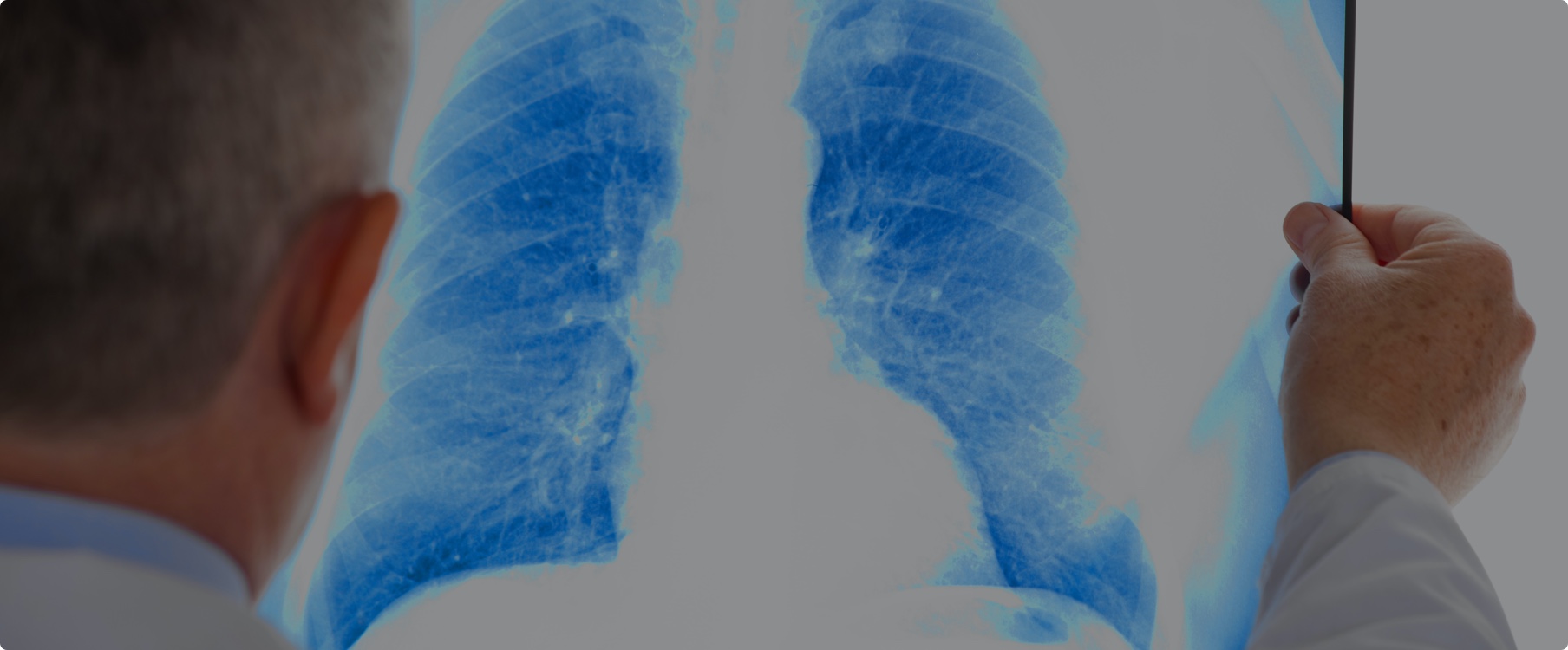Business Research and Innovation Initiative (BRII)
Research for real-time and accurate asbestos detection
Background
The Business Research and Innovation Initiative (BRII) provides startups and small to medium enterprises with grant funding to develop innovative solutions for government policy and service delivery challenges. BRII is administered by the Australian Government through the Department of Industry, Science and Resources.
In 2021, the Asbestos and Silica Safety and Eradication Agency (ASSEA) made a successful submission to the BRII – Regulatory Technology (RegTech) Round, calling for new and innovative technology for the real-time and accurate detection of asbestos fibres in air and/or solid surfaces, to overcome technical limitations for asbestos detection with existing real-time devices. Any solution delivered would also need to be non-destructive (i.e. not necessitating the removal, drilling or disturbing of a material to be tested) and capable of meeting regulatory requirements.
Under the 'proof-of-concept' phase of the RegTech programme, ASSEA managed two research teams from Flawless Photonics and PAG R&D. Each of these teams received $1 million funding from BRII and have now completed their 15-month study.
Proof-of-concept research teams and outcomes
Flawless Photonics
Flawless Photonics is a company based in the United States specialising in optical technologies. They partnered with the University of Adelaide through the Prescott Environmental Luminescence Laboratory | Institute for Photonics and Advanced Sensing to develop a novel fluorescence technology for the detection of asbestos fibres in asbestos-containing materials. This technology has been incorporated into a prototype device that has enabled the detection of different asbestos types in a range of samples sourced from museums and building sites, with artificial intelligence being used to train the device.
PAG R&D
PAG R&D is a company that specialises in bringing data scientists together to develop solutions for a range of problems in areas such as health, finance, infrastructure and transport. In collaboration with Murdoch University, they have developed a prototype hand-held device that uses microwave technology and has an accuracy of at least 99% in the detection of asbestos-containing materials.
The Future
ASSEA acknowledges the dedication of both research teams and the potential of both technologies to contribute to the real-time detection of asbestos fibres in solid materials.
As funding through BRII has now concluded, both teams are looking to continue with their respective research and are seeking further funding to advance this work. The University of Adelaide has secured funding through an ARC Linkage grant that will help finance its research.


